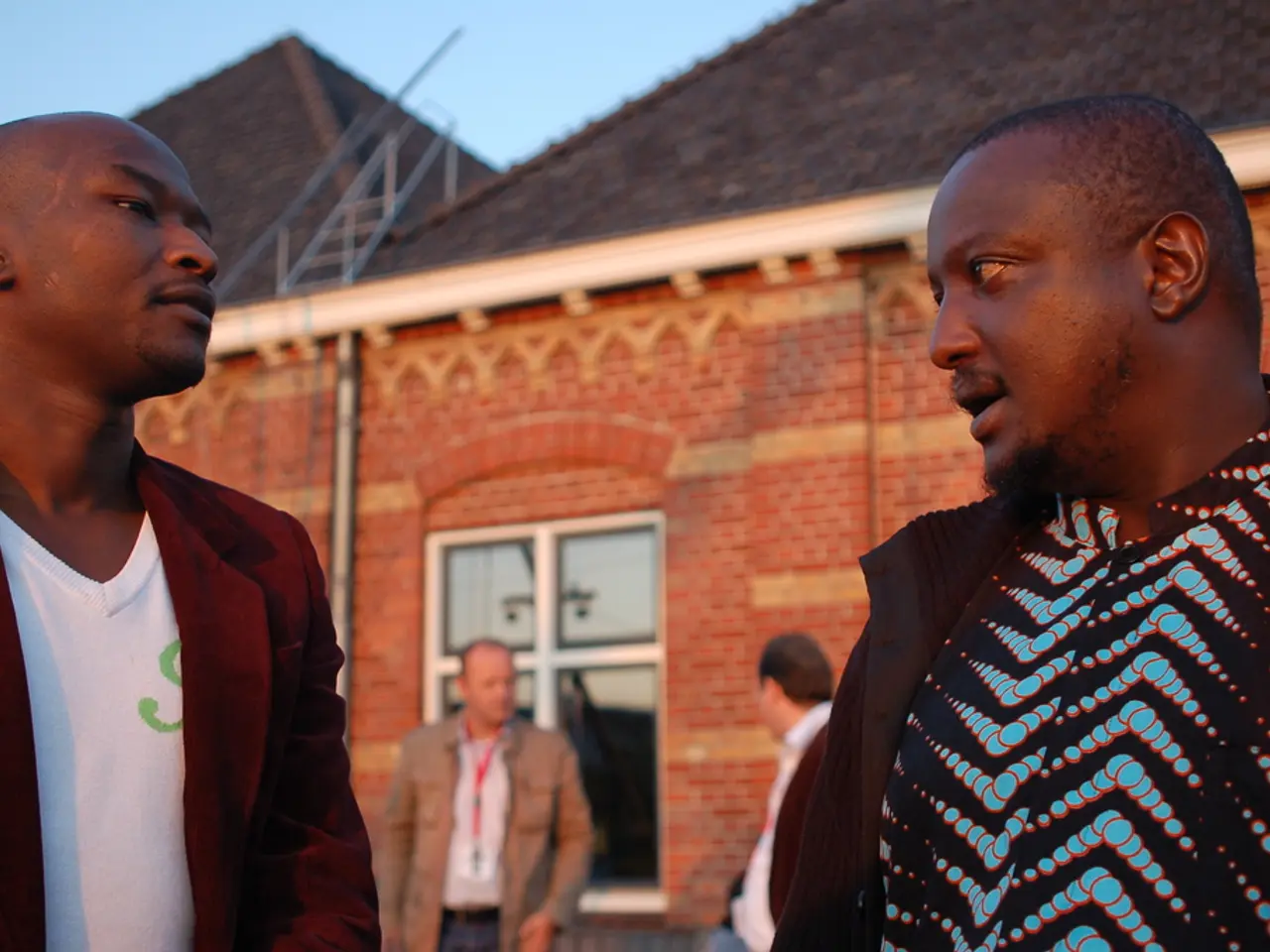FCC Evasion of Disclosure on Russian Influence in Abolishing Net Neutrality targeted by NY Times Lawsuit
The debate over net neutrality has been a heated topic, with the Federal Communications Commission (FCC) at the centre of controversy. In 2017, the FCC adopted a notice of proposed rulemaking titled "Restoring Internet Freedom," which aimed to reclassify broadband Internet service as an information service. This move was met with opposition, as it is believed to eliminate net neutrality and allow internet service providers to discriminate against content providers.
During the public comment period for the FCC's proposed rule change, concerns about the integrity of the public comment process arose. According to a study by the Pew Research Foundation, a significant percentage of the comments received by the FCC were submitted by bots, with as many as 75,000 comments submitted in the same second during the comment period. The study also found that 94% of the comments were submitted multiple times, and some of the automated messages originated from Russia.
However, specific evidence linking these manipulations directly to Russian interference is not widely documented or highlighted in the context of the FCC's net neutrality decision. The manipulation of public comments was more generally associated with fake submissions and bots, rather than specific Russian involvement.
The New York Times, concerned about the transparency of the FCC's process, filed a lawsuit against the FCC. The lawsuit alleges that the FCC unlawfully hid data concerning its system for gathering public input about its plan to kill net neutrality. Over the proceeding months, the New York Times pared back the scope of its request for data from the FCC. By 31 August 2018, the New York Times was only seeking a list of originating IP addresses and timestamps for comments, and a list of user-agent headers and timestamps. The requested lists were separated to address security concerns.
The FCC's proposed rule change, if implemented, would reverse a 2015 decision regulating broadband more stringently as a telecommunications service. This move has raised concerns about the potential for internet service providers to block, slow down, or charge extra for certain content. The heart of the proposed rule change was the concept of "net neutrality," which aims to prevent network owners from discriminating against content providers.
As many as 2 million comments were fraudulently submitted in other people's names without their knowledge. The system was overrun with bots during the public comment period, leading to investigations and criticism about the integrity of the process. However, the primary focus was on the fraudulent nature of the comments rather than any specific foreign involvement.
The FCC voted last year to end net neutrality, allowing internet service providers to have more control over the content they deliver to consumers. This decision has sparked ongoing debate and legal challenges, with many arguing that it threatens the open and equitable nature of the internet.
[1] Source: Pew Research Foundation, "The FCC's Net Neutrality Debate: A Look at the Public Comments," 2017. [4] Source: The New York Times, "F.C.C. Is Sued Over Its Plan to Kill Net Neutrality," 2018.
- The fraudulent submission of comments, including those submitted without individuals' knowledge, became a significant concern during the FCC's public comment period on the proposed net neutrality rule change, as reported by the Pew Research Foundation.
- The manipulation of public comments during the FCC's net neutrality debate, which included the use of bots to submit multiple comments, was a topic of investigation, as highlighted in a lawsuit filed by The New York Times against the FCC.




